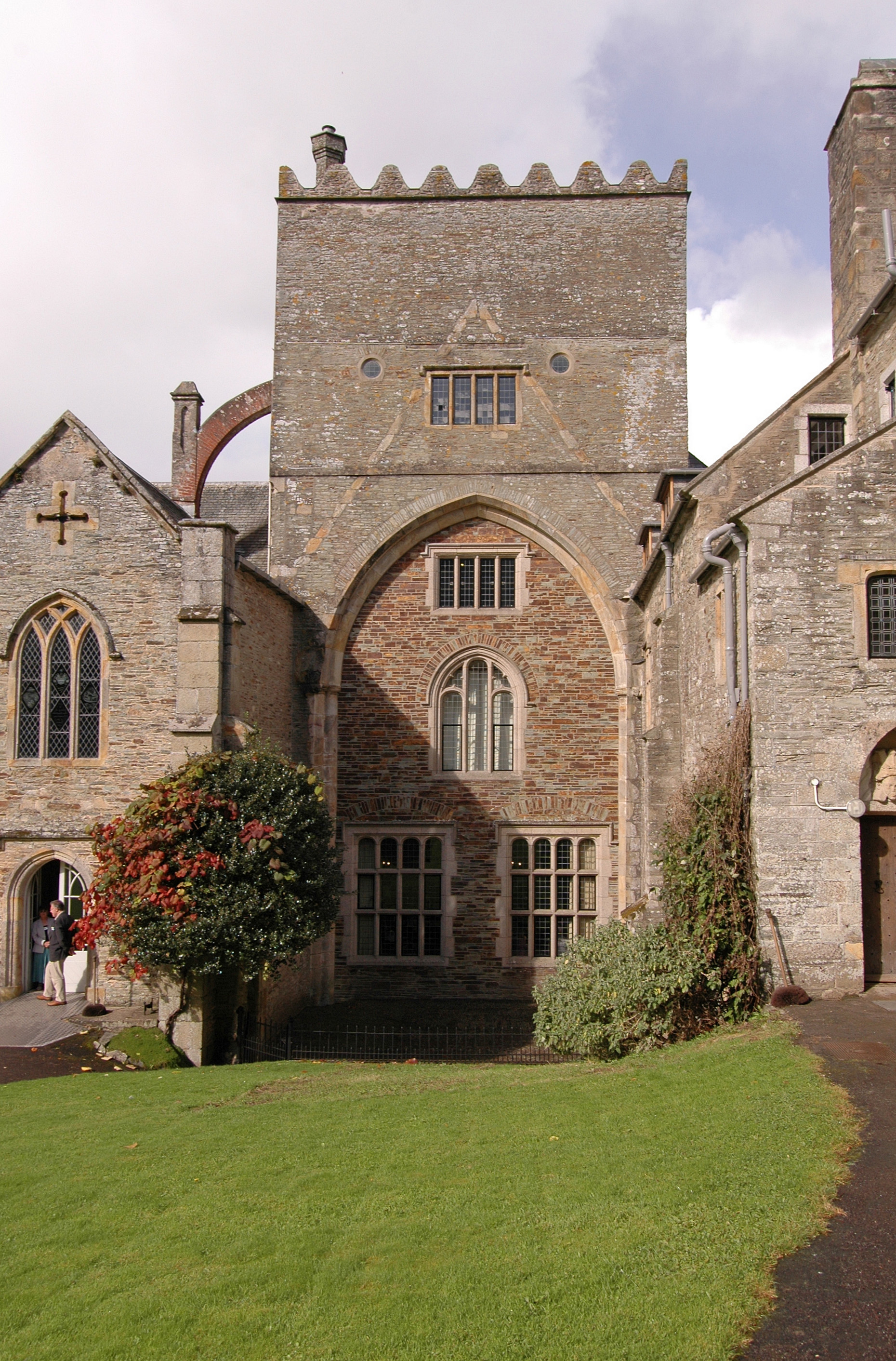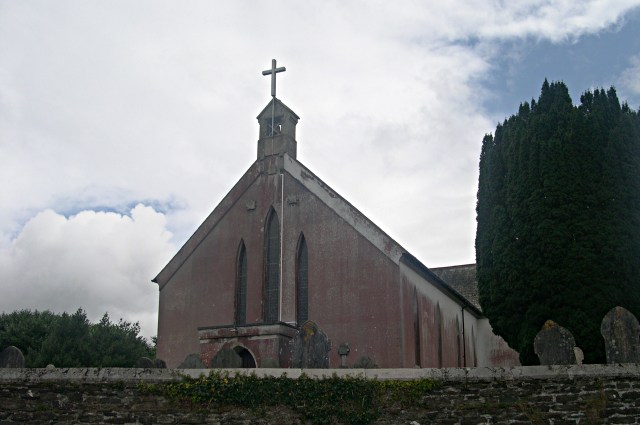|
Sir Charles Pym, 1st Baronet
Sir Charles Pym, 1st Baronet ( – 1671) was an English politician who sat in the House of Commons from 1641 to 1648 and in 1660. He served in the Parliamentary army in the English Civil War. Pym was the son of John Pym and his wife, Anna Hooker (or Hooke).Dictionary of National Biography In 1641, Pym was elected Member of Parliament for Bere Alston in the Long Parliament after the previous member was expelled.Pym, Charles historyofparliamentonline.org. Accessed 8 January 2023. He served in the parliamentary army in the civil war, but was excluded from parliament under in 1648. [...More Info...] [...Related Items...] OR: [Wikipedia] [Google] [Baidu] |
House Of Commons Of England
The House of Commons of England was the lower house of the Parliament of England (which incorporated Wales) from its development in the 14th century to the union of England and Scotland in 1707, when it was replaced by the House of Commons of Great Britain after the 1707 Act of Union was passed in both the English and Scottish parliaments at the time. In 1801, with the union of Great Britain and Republic of Ireland, Ireland, that house was in turn replaced by the House of Commons of the United Kingdom. Origins The Parliament of England developed from the Magnum Concilium that advised the English monarch in medieval times. This royal council, meeting for short periods, included ecclesiastics, noblemen, and representatives of the county, counties (known as "knights of the shire"). The chief duty of the council was to approve taxes proposed by the Crown. In many cases, however, the council demanded the redress of the people's grievances before proceeding to vote on taxation. Thus ... [...More Info...] [...Related Items...] OR: [Wikipedia] [Google] [Baidu] |
English MPs 1660
English usually refers to: * English language * English people English may also refer to: Peoples, culture, and language * ''English'', an adjective for something of, from, or related to England ** English national identity, an identity and common culture ** English language in England, a variant of the English language spoken in England * English languages (other) * English studies, the study of English language and literature * ''English'', an Amish term for non-Amish, regardless of ethnicity Individuals * English (surname), a list of notable people with the surname ''English'' * People with the given name ** English McConnell (1882–1928), Irish footballer ** English Fisher (1928–2011), American boxing coach ** English Gardner (b. 1992), American track and field sprinter Places United States * English, Indiana, a town * English, Kentucky, an unincorporated community * English, Brazoria County, Texas, an unincorporated community * Engli ... [...More Info...] [...Related Items...] OR: [Wikipedia] [Google] [Baidu] |
English MPs 1640–1648
English usually refers to: * English language * English people English may also refer to: Peoples, culture, and language * ''English'', an adjective for something of, from, or related to England ** English national identity, an identity and common culture ** English language in England, a variant of the English language spoken in England * English languages (other) * English studies, the study of English language and literature * ''English'', an Amish term for non-Amish, regardless of ethnicity Individuals * English (surname), a list of notable people with the surname ''English'' * People with the given name ** English McConnell (1882–1928), Irish footballer ** English Fisher (1928–2011), American boxing coach ** English Gardner (b. 1992), American track and field sprinter Places United States * English, Indiana, a town * English, Kentucky, an unincorporated community * English, Brazoria County, Texas, an unincorporated community * Engli ... [...More Info...] [...Related Items...] OR: [Wikipedia] [Google] [Baidu] |
1671 Deaths
Events January–March * January 1 – The Criminal Ordinance of 1670, the first attempt at a uniform code of criminal procedure in France, goes into effect after having been passed on August 26, 1670. * January 5 – The Battle of Salher is fought in India as the first major confrontation between the Maratha Empire and the Mughal Empire, with the Maratha Army of 40,000 infantry and cavalry under the command of General Prataprao Gujar defeating a larger Mughal force led by General Diler Khan. * January 17 – The ballet ''Psyché'', with music composed by Jean-Baptiste Lully, premieres before the royal court of King Louis XIV at the Théâtre des Tuileries in Paris. * January 28 – The city of Nuestra Señora de la Asunción de Panamá, founded more than 150 years earlier at the Isthmus of Panama by Spanish settlers and the first permanent European settlement on the Pacific Ocean, is destroyed by the Welsh pirate Henry Morgan. The last surviving ... [...More Info...] [...Related Items...] OR: [Wikipedia] [Google] [Baidu] |
1615 Births
Events January–June * January 1 – The New Netherland Company is granted a three-year monopoly in North American trade, between the 40th and 45th parallels. * February – Sir Thomas Roe sets out to become the first ambassador from the court of the King of England to the Mughal Emperor Jahangir, sailing in the ''Lyon'' under the command of captain Christopher Newport. * March 10 – John Ogilvie, a Jesuit priest, is hanged and drawn at Glasgow Cross in Scotland for refusing to pledge allegiance to King James VI of Scotland; he will be canonised in 1976, becoming the only post-Reformation Scottish saint. * April 21 – The Wignacourt Aqueduct is inaugurated in Malta. * May 6 – The Peace of Tyrnau is signed between Matthias, Holy Roman Emperor, and Gábor Bethlen. * June 2 – The first Récollet missionaries arrive at Quebec City, from Rouen, France. * June 3 – The Eastern Army of Tokugawa Ieyasu and the Osaka Army of Toyotomi ... [...More Info...] [...Related Items...] OR: [Wikipedia] [Google] [Baidu] |
Sir Francis Drake, 2nd Baronet
Sir Francis Drake, 2nd Baronet (25 September 1617 – 6 January 1662) of Buckland Abbey, Devon was an English politician who sat in the House of Commons variously between 1646 and 1662. He was a Colonel of the Horse, fighting in the Parliamentary army during the English Civil War. Drake was the son of Sir Francis Drake, 1st Baronet of Buckland Abbey and his second wife Joan Stroud, daughter of Sir William Stroud of Newnham. He was a great- nephew of Vice Admiral, Sir Francis Drake. He succeeded to the baronetcy on the death of his father on 11 March 1637. He was appointed Sheriff of Devon for 1645. In 1646, Drake was elected Member of Parliament for Bere Alston in the Long Parliament but following Pride's Purge in 1648, he and other Devon MPs took no part in the proceedings of the subsequent Rump Parliament. In 1660, Drake was elected MP for Newport, Cornwall, in the Convention Parliament. He was re-elected in 1661 for the Cavalier Parliament but died in the fo ... [...More Info...] [...Related Items...] OR: [Wikipedia] [Google] [Baidu] |
Sir Hugh Pollard, 2nd Baronet
Sir Hugh Pollard, 2nd Baronet (1603 – 27 November 1666) was an English soldier and MP elected for Bere Alston in 1640, Callington in 1660, and Devon in 1661. He supported the Royalist cause in the English Civil War. Origins Pollard was the eldest son and heir of Sir Lewis Pollard, 1st Baronet (d.1641) of King's Nympton, Devonshire, by his wife Margaret Berkeley, daughter of Sir Henry Berkeley, Knight, of Bruton, Somerset. Career He joined the army and by 1639 was a captain engaged in raising troops in Devon for the Scottish wars. The following year he was ordered to Scotland and was probably present at the Battle of Newburn. Civil War In November 1640, Pollard was elected Member of Parliament for Bere Alston in the Long Parliament.Helms & Ferris He became involved in the Royalist army plots of 1641 and, after being found guilty of misprision, was expelled from the House of Commons. He succeeded to the baronetcy that same year. During the Civil war Pollard mainly served w ... [...More Info...] [...Related Items...] OR: [Wikipedia] [Google] [Baidu] |
William Strode
William Strode (1598 – 9 September 1645) was an English politician who sat in the House of Commons variously between 1624 and 1645. He was one of the Five Members whose impeachment and attempted unconstitutional arrest by King Charles I in the House of Commons in 1642 sparked the Civil War, during which he fought on the Parliamentarian side. Origins Strode was the second son of Sir William Strode (d. 1637), MP, of Newnham, Plympton St Mary, Devon, by his first wife Mary Southcote, daughter of Thomas Southcote of Bovey Tracey in Devon. Education He was admitted as a student of the Inner Temple in 1614, matriculated at Exeter College, Oxford, in 1617, and took the degree of BA in 1619. Career In 1624, Strode was elected Member of Parliament for Bere Alston, and was re-elected MP for Bere Alston in 1625, 1626 and 1628. He opposed Charles I from the start, and took a leading part in the disorderly scene of 2 March 1629, when the speaker, Sir John Finch, was held down in ... [...More Info...] [...Related Items...] OR: [Wikipedia] [Google] [Baidu] |
Bere Alston
Bere Alston is a village in West Devon in the county of Devon in England. It forms part of the civil parish of Bere Ferrers. History and geography With a population of about 2,000, the village lies in the Bere peninsula, between the rivers Tamar and Tavy. Its origins lie in the once thriving local mining industry, including silver and lead, and the market gardening sector. At one time, the mainline trains to London would stop at the village to pick up locally grown produce destined for the capital. Bere Alston is about 12 km north of the centre of Plymouth as the crow flies, but the road trip requires either a long detour via Tavistock or else negotiating narrow lanes and a narrow bridge. Trains still run to Bere Alston railway station on the picturesque Tamar Valley Line between Plymouth and Gunnislake, and trains reverse at this station. There has been discussion of making the station a junction once again by reopening the former 'main line' to Tavistock, the largest tow ... [...More Info...] [...Related Items...] OR: [Wikipedia] [Google] [Baidu] |
Convention Parliament (1660)
The Convention Parliament of England (25 April 1660 – 29 December 1660) followed the Long Parliament that had finally voted for its own dissolution on 16 March that year. Elected as a "free parliament", i.e. with no oath of allegiance to the Commonwealth or to the monarchy, it was predominantly Royalist in its membership. It assembled for the first time on 25 April 1660. After the Declaration of Breda had been received, Parliament proclaimed on 8 May that King Charles II had been the lawful monarch since the death of Charles I in January 1649. The Convention Parliament then proceeded to conduct the necessary preparation for the Restoration Settlement. These preparations included the necessary provisions to deal with land and funding such that the new régime could operate. Reprisals against the establishment which had developed under Oliver Cromwell were constrained under the terms of the Indemnity and Oblivion Act which became law on 29 August 1660. Nonetheless there were p ... [...More Info...] [...Related Items...] OR: [Wikipedia] [Google] [Baidu] |

.jpg)


